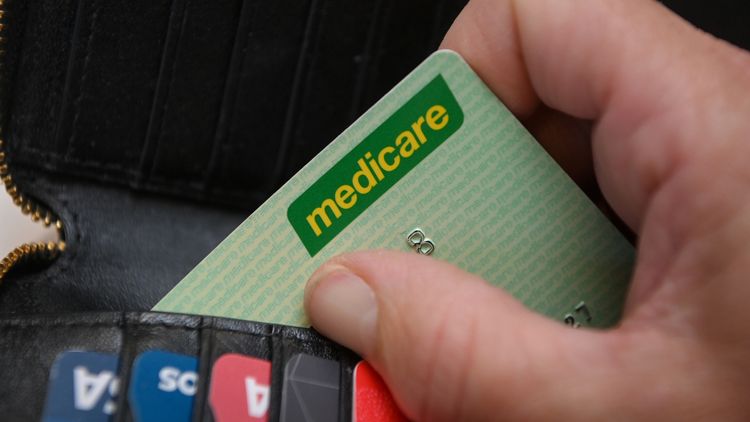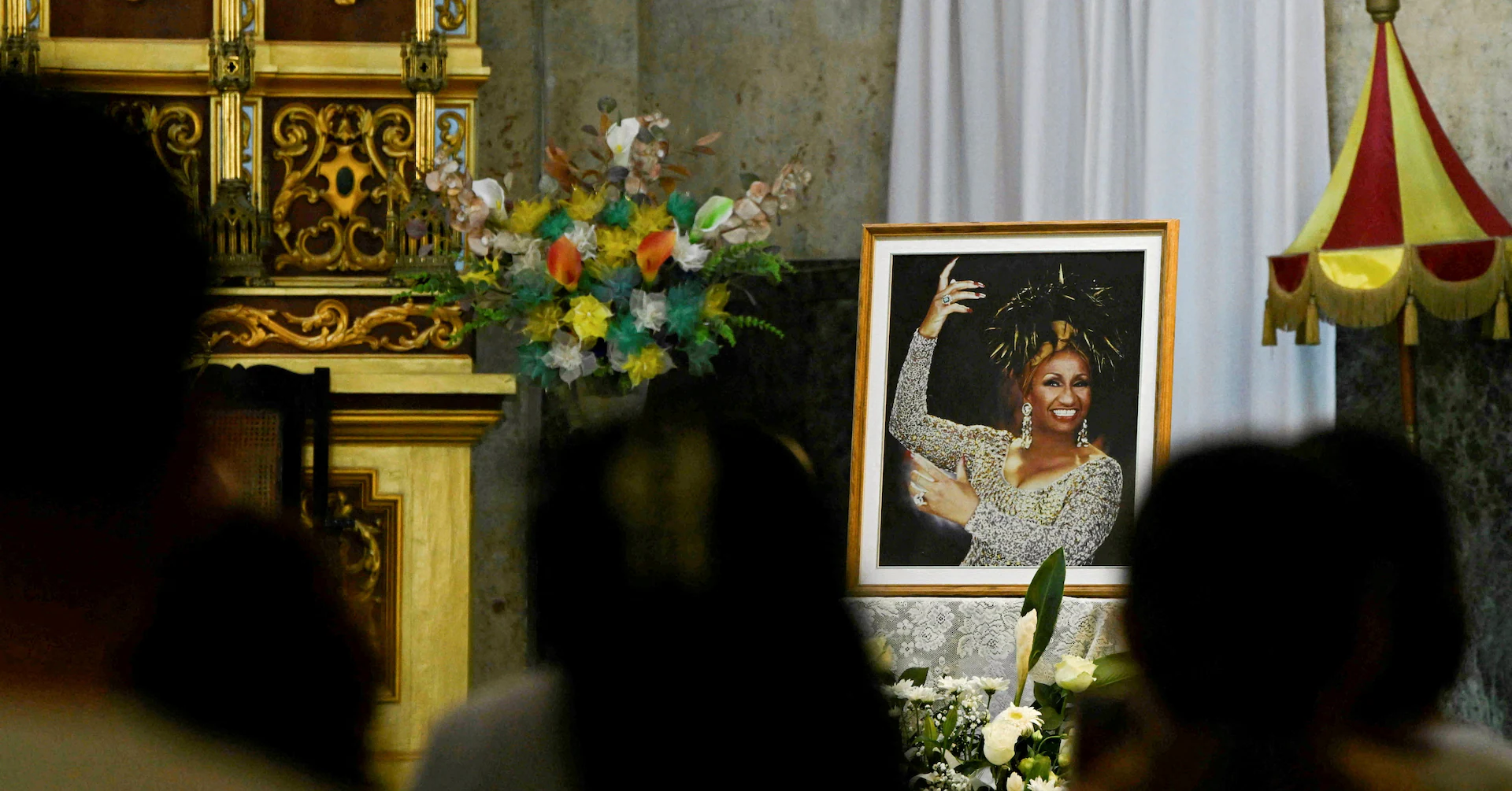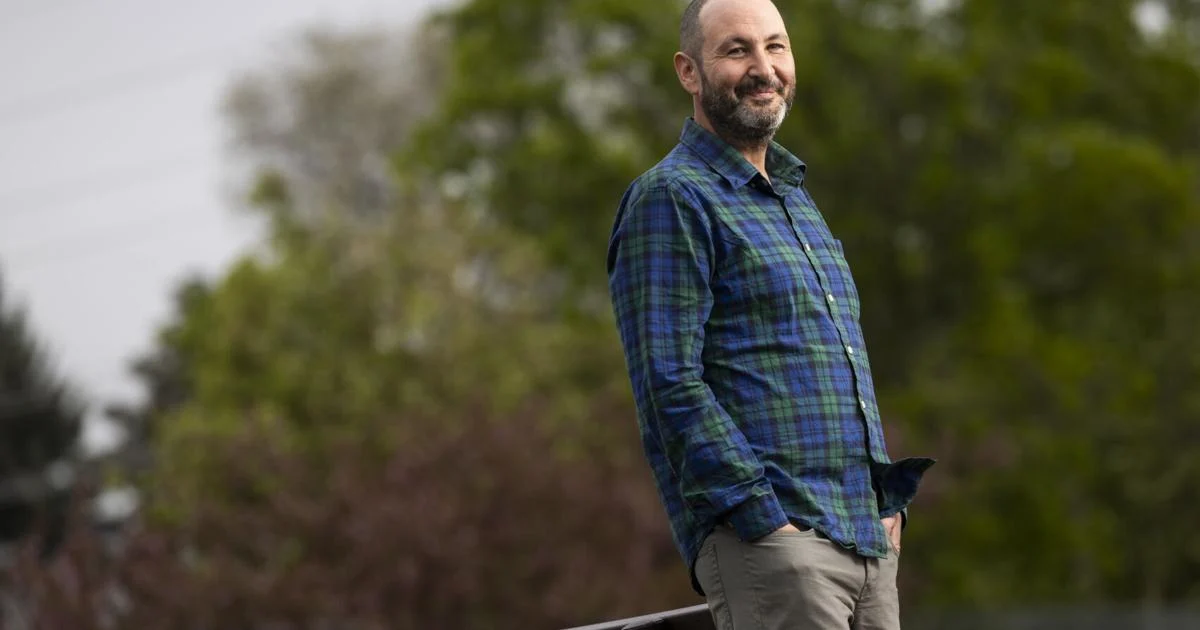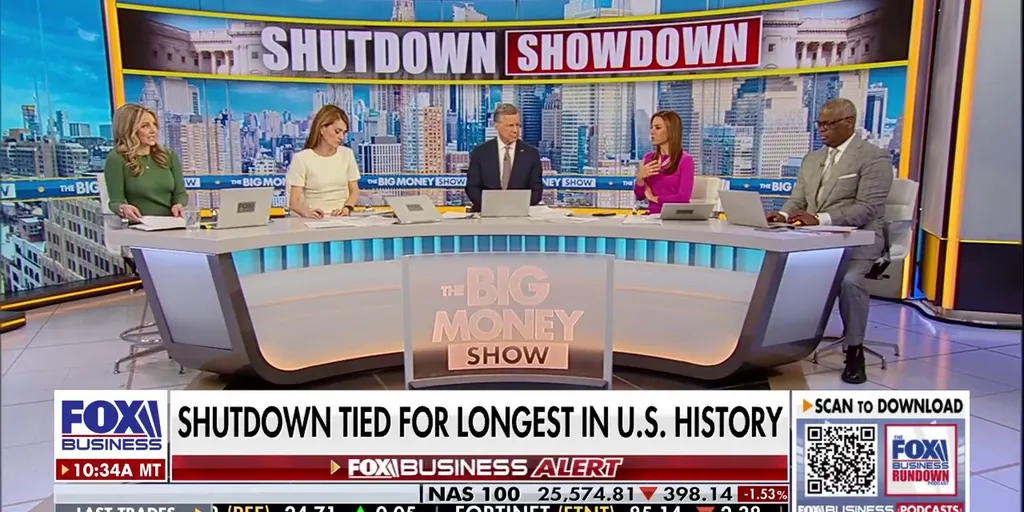Copyright Deadline
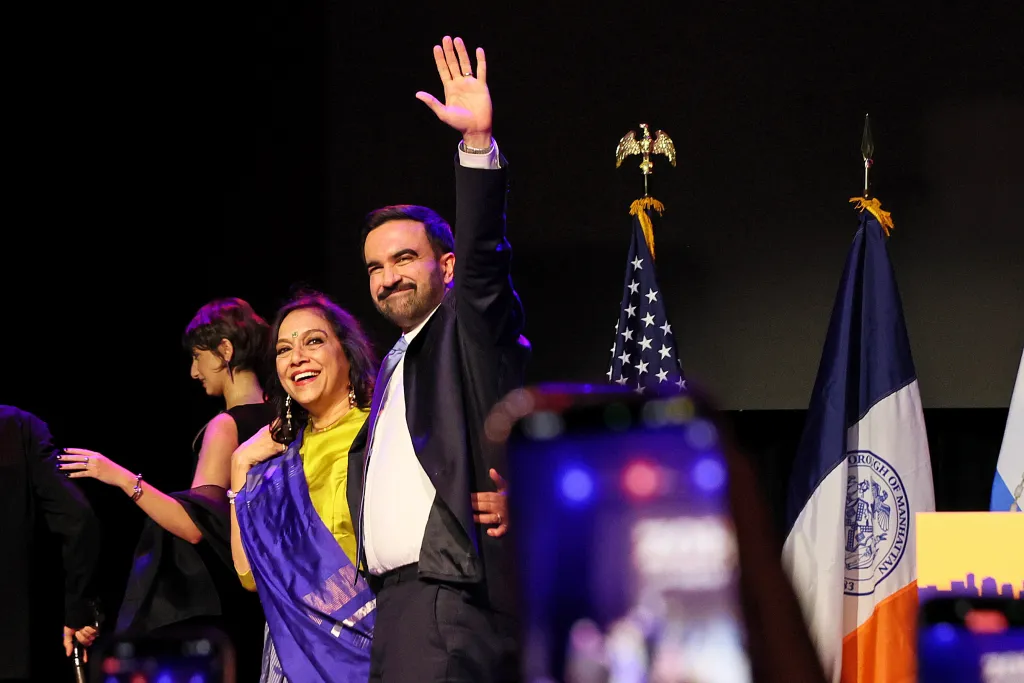
New York City’s newly elected mayor Zohran Mamdani is many things to many people, but in entertainment circles he is seen as a genuine child of showbiz. His mother, Mira Nair, is an Oscar-nominated writer and director whose credits include Monsoon Wedding and Salaam Bombay. He also pursued a rap career, as a scroll through TikTok in recent weeks will recall, under the name Young Cardamom and, in time, Mr. Cardamom. His multiple credits on Nair’s Disney film Queen of Katwe, about a chess prodigy in Uganda (Mamdani’s native country), included a small acting part, contributing to the soundtrack and serving as a music supervisor. (“Nepotism and hard work goes a long way,” he joked during the film’s 2016 press junket.) As the 34-year-old Mamdani prepares to be sworn in at midnight on New Year’s Eve, observers and even close supporters wonder if his showbiz pedigree will translate to support for the city’s film and TV production sector. While it doesn’t quite rank with affordable housing, coping with President Trump’s aggression or delivering on his campaign promises of free groceries and buses in terms of consequence, it is still a question with sizable stakes for the city’s economy and identity. The new mayor inherits a somewhat upbeat production narrative, although one still muted given the long recovery from Covid and then the setback of the 2023 strikes. Data from Mayor’s Office of Media & Entertainment shared with Deadline this week shows permit volume dropping just 5% in the third quarter from the year before. The number of projects rose 13%, reflecting renewed confidence and sustained local filming activity. Permits had fallen 30% in both the first and second quarters year-over-year, with projects down, respectively, by 17% and 9%. Productions are increasingly consolidating multi-day shoots, suggesting greater efficiency and stronger coordination across agencies, MOME said. The figures cover projects permitted on city property, not private soundstages. NYC’s purpose-built studios, both historic and new, are generally not full but business is picking up. Ask film and television insiders in New York City what plans their new leader has for the industry, and they have no idea. He’s never publicly addressed it. But they’re hopeful. Everyone notes his film pedigree, some his politics, although Mamdani’s democratic socialist agenda rattled Wall Street and other higher-end precincts as his plans rely on increasing taxes on the wealthiest New Yorkers. Others tell Deadline they take heart in the existing combination of a more thoughtful city process and a better deal from the state. The upgraded New York State tax credit added to the budget by a supportive Gov. Kathy Hochul earlier this year may be the biggest boon. “I do hear of a lot of people who were not so long ago talking about New Jersey instead of New York starting to talk about New York again,” says one Los Angeles-based indie film producer. Research firm ProdPro said 52 film and television productions began principal photography in New York State during the third quarter of 2025. That’s a 73% increase year-over-year, marking New York’s strongest quarter since 2021. It noted a pipeline of 75 active projects in development or pre-production indicating continued momentum into early 2026. So there is room for optimism. At the same time, competition remains stiff from overseas and the Garden State next door. Peak TV, which fueled a major production boom, is in the past despite the raft of new soundstages coming online in hopes the good times can return. Production jobs are hard to find. Corporate layoffs continue. And Mamdani faces massive issues well beyond production from housing to hunger. Industry Roots Nair kept a low profile throughout the campaign until appearing onstage at Tuesday night’s victory party in Brooklyn. Even so, she strikes many people as a key element in the new administration. “His mother is a very interesting factor here,” one NYC-based producer said. “The hope is that because he comes from a family that has been involved in independent film, he would be friendly to the industry.” Nair’s Salaam Bombay! took the Caméra d’Or at Cannes and an Academy Award nomination. Monsoon Wedding won the Golden Lion at Venice. Nair also made well-regarded indies Mississippi Masala, The Namesake and The Reluctant Fundamentalist. Mamdani, a former State Assemblyman from Queens and Bowdoin College graduate, is young enough that a number industry players recall having met Mamdani as a child. As recently as 2019, he was making humorous rap videos for tracks like “Nani,” a tribute to his grandmother that went viral again after it was rediscovered. “Go head make a wrap for your nani/Get the gwop spend a rack on your nani,” the song urged. Mahmood Mamdani, the mayor-elect’s father, is a Columbia University professor and political scientist originally from Uganda who was expelled by dictator Idi Amin. He supported due process for student demonstrators at the university during the tumult following Palestinian attacks in Israel on October 7, and he has also written and lectured against Zionism. In a charged political climate that complicated his campaign, Mamdani has been criticized for statements on Israel and Gaza but steadfastly rejected accusations of antisemitism. It cost him some votes. But one NYC film executive finds Mamdani’s “full-throated embrace of free speech very much in tune with independent artists.” Along with spooking business elites, Mamdani’s far-left orientation has drawn the ire of Donald Trump, whose threats loomed over the campaign. The president threatened to cut key funds to the city if Mamdani won. Social media savvy, humor, idealism and staying on message about the city’s affordability crisis helped Mamdani overwhelmingly win over young voters and others willing to look past his lack of experience. Mamdani will lead a city of over 8 million people, the capital of media, finance and much else, whose annual budget tops $116 billion, after outmaneuvering rivals with decades more experience in a race that captured national attention. Continuity? New York City mayors in recent years have generally been supportive of New York City production, though some were more actively involved (Michael Bloomberg) than others (Bill de Blasio). They recognized the economic engine is and the jobs it provides. The industry was one of the first to get back to work during Covid. Outgoing Democratic Mayor Eric Adams, his legal problems aside, has been a solid backer and a frequent presence at groundbreakings and ribbon cuttings for new studio facilities from Long Island City to Astoria to Sunset Park. He included production in a citywide action plan to put a film-industry liaison at every city agency to help coordinate shoots. It’s still a work in progress. Daily street parking a row of trucks can be torture for productions, and doesn’t help a city already choking on so much vehicle traffic that it recently enacted congestion pricing. But despite headaches, the process has improved. MOME and Adams also brought back the Made In New York Awards, held at the Mayor’s Gracie Mansion residence. Lesli Klainberg, former President of Film at Lincoln Center, the NYC Mayor’s Office of Media and Entertainment and others recently launched Art House New York, a new regional alliance to support and strengthen independent film exhibition in the city. The nonprofit is building a new art house theater on the Upper West Side. It’s a hard industry, says one NY production insider, but even before Mamdani captivated the electorate, “many things have been going our way.” Dade Hayes contributed to this report
